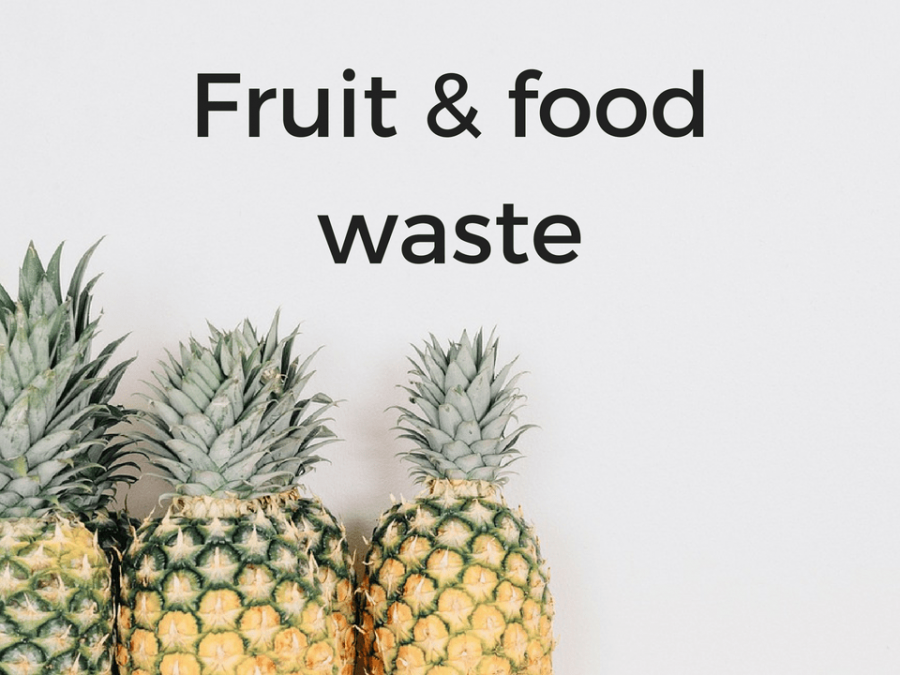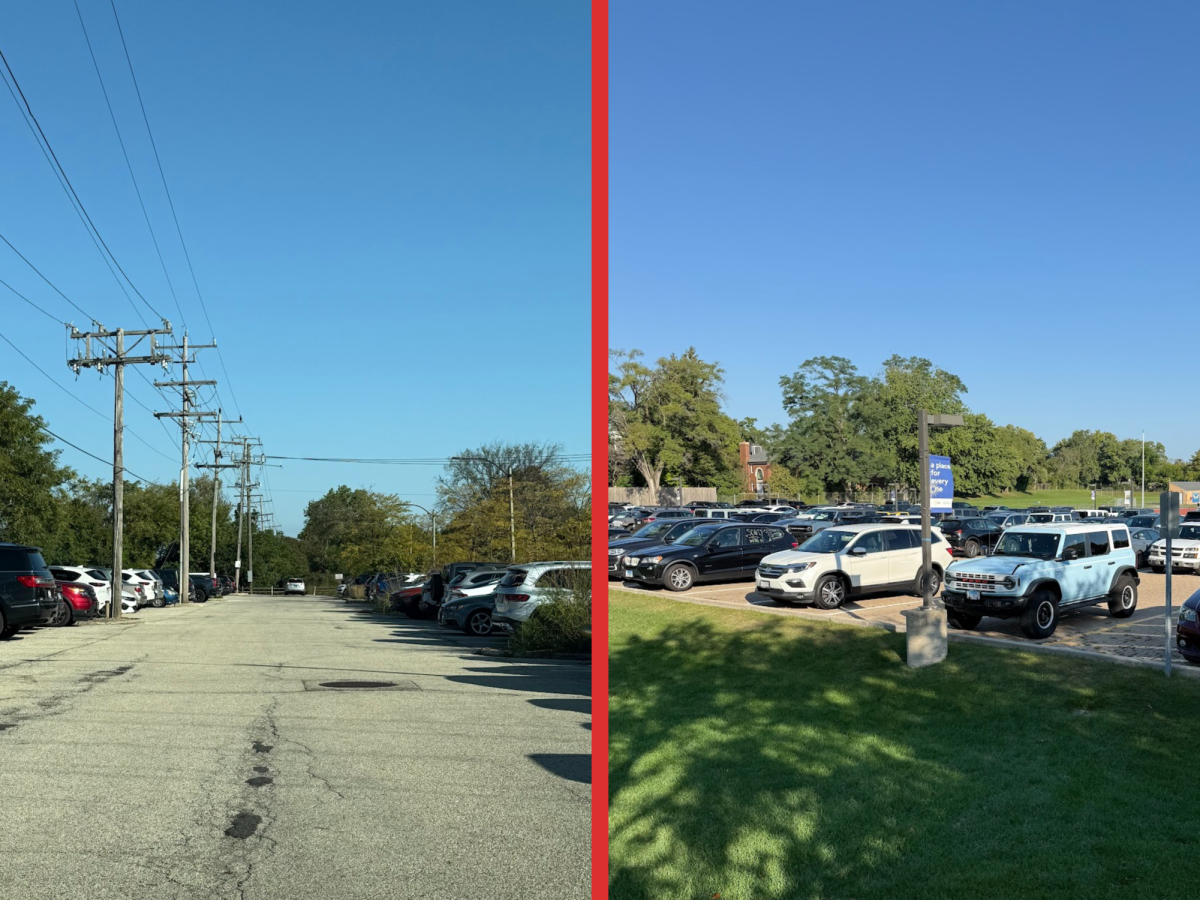There is a worldwide spate of food waste. More than ⅓ of food worldwide is disposed of as a result of waste or spoilage, with Americans throwing away more than 40% of the food they purchase. Yet in 2013, more than 49.1 million Americans lacked access to safe and nutritious food, and with prices rising for the past five years, it is unlikely that this will change without intervention.
No nation spends more than the United States on their food supply yet in 2015, the United States threw away 37.6 million tons of food waste according to the EPA and the USDA estimates that the amount of uneaten food costs almost $400 per capita. Furthermore, the World Resources Institute found that a 24% of all the water used in agriculture is wasted through unconsumed food which amounts to 45 trillion gallons of water annually.
By changing our consumption habits, we can change the trend while helping consumers and businesses save money as well as help impoverished communities who regularly lack access to safe and nutritious meals. This edition of Pinchpenny’s Guide contains everyday tips to reduce your contribution to the 133 billion pounds of food waste (2010 USDA) produced by the US.
Properly Store Your Food
Nearly ⅔ of household food waste in the United Kingdom is due to food spoilage according to the Natural Resources Defense Council — a trend that is far from isolated. The incorrect storage of food items, especially fresh produce, leads to food spoilage, and in turn, prodigious amounts of food waste. It is not that people are purposely letting their food rot, but proper storage techniques are often not common knowledge, for example, that potatoes, tomatoes, and cucumbers should be kept at room temperature, rather than refrigerated.
Ethylene gas promotes the premature ripening of produce, and often will lead to the spoilage of other produce when stored jointly. Thus, separating foods that naturally produce ethylene gas from those that do not is key to preventing food waste. The following list includes common foods that produce significant levels of ethylene:
- Avocados
- Tomatoes
- Pears
- Green Onions
- Bananas
- Cantaloupes
- Peaches
- Apricots
- Kiwis
- Mangoes
Make sure to store these foods separately from ethylene sensitive produce such as apples, carrots, cucumbers, leafy greens, watermelons, and potatoes to prevent premature spoilage and limit food waste output. By doing so, you will reduce the amount spent on groceries every week as you will actually eat more of the expensive produce that you buy.
Eat Leftovers
For each meal consumed at a restaurant, half a pound of food waste is produced according to an NPR report. Commonplace is it for the customer to order a dish only to find that the serving size is much too large for a single sitting. Considering that 85% of the food that isn’t eaten at a restaurant is thrown out (NPR), it is safe to say that many of those who find themselves in the aforementioned situation do not ask for a doggy-bag.
Next time you are out to eat, ask for a box to bring home your extras. Furthermore, make sure not to waste the leftovers from the meals prepared at home. Dedicate a single day a week to clean out the fridge, and eat only left overs to ensure that you are not letting that all too expensive food go to waste. By eating leftovers, you’re basically getting a second meal out of the same money! Sparing your wallet while sparing the world is a win win!
Start Composting
Why should I compost? It’s stinky, gross, and smells a little too close to fertilizer. Well, it smells like fertilizer because it is! By disposing of the food you would otherwise throw into the trash into a compost bin, you remove your need for chemical fertilizers. Not only is compost free, but it doesn’t have the health risks associated with the application of chemical fertilizers! In addition, the nutrients from compost are not washed away by rainfall like their artificially produced counterparts.
By composting, the organic matter that would otherwise be found in a landfill is allowed to decompose aerobically. Aerobically in this case is not quite the same as what your grandmother does on the weekends to stay fit, but it means that the food is allowed to breakdown in the presence of oxygen. In a landfill, most organics break down anaerobically (without oxygen) which produces incredible quantities of methane gas — a greenhouse gas 21 times more harmful than carbon dioxide.
Not only does compost save you money by reducing your reliance on artificial fertilizer, but by composting you also protect you and your family’s health, and you complete the life cycle by returning what you grow back to the soil to help grow more.
Adopting an eco-friendly lifestyle may seem onerous and downright inconvenient, however, in the end, it’s not only about saving the planet. The planet will be here for millennia whether or not you decide to turn off the hallway lights as you leave. Entertaining an eco-friendly lifestyle is about saving the humans. The human race, and many of the other animal and plant species of which coinhabit this earth, can thrive only in very specific environmental conditions, and are thus adversely affected by anything but a minuscule change. Food waste is accelerating climate change and intensifying the effects. By reducing your household contribution to the ludicrous amount of food wasted each day, you’ll keep the world green while lining your pockets with it. Next time you have the choice between yesterday’s spaghetti or ordering a pizza, eat the spaghetti and save the pizza for tomorrow.







